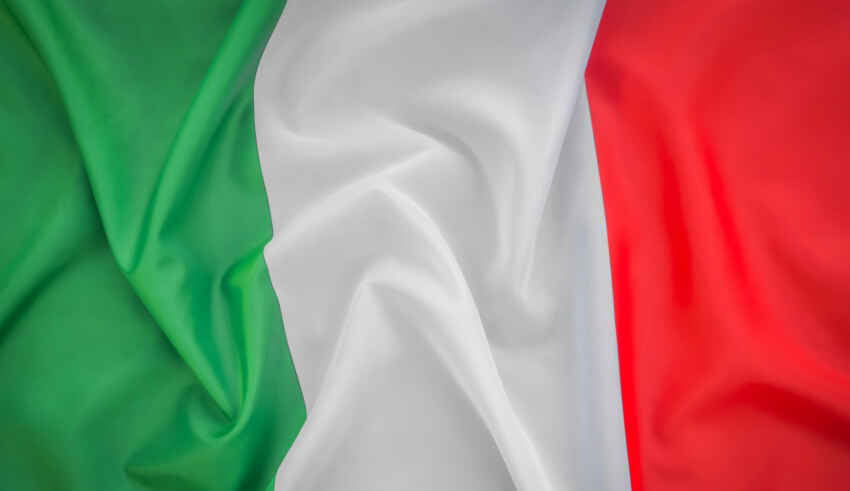
At the recent Italy-Africa summit, Italian Prime Minister Georgia Meloni presented her vision for Italy’s engagement in Africa. The “Mattei plan” aims at positioning Italy at the forefront of European engagement in Africa and at transforming it into an energy hub in an effort to reduce reliance on Russian gas. This enhanced engagement of Italy in Africa is also an attempt to ensure African governments are able and motivated to curb illegal immigration, which is crucial to Meloni’s government.
The details of the plan have been so far scarce, however, Meloni announced the initial funding will amount to more than €5.5bn to be invested in several sectors, including energy, education, health and infrastructure. Meloni stressed that the cooperation would be one amongst equals, “far from any predatory imposition or charitable stance towards Africa”. This is a statement that perhaps Italy can more easily make given its limited colonial past in Africa, compared to other countries’, especially France. The rhetoric used is that of Italy supporting Africa reaching its potential. In fact, Meloni rejected what she referred to as a biased storytelling portraying Africa as a poor continent.
On the opposite, she underlined how its natural resources and young population represent great strengths that could allow the continent to prosper. She therefore urged African leaders to take this opportunity to work together towards a better future for Africa, which, crucially, would stop people from having to leave their countries. Ultimately, Meloni is attempting to put into practice the very popular slogan of “we should help them at home”. The final aspiration is that African countries will find stability and prosperity sufficient to not force their citizens to come to Europe in search of a better life, which Meloni stressed, is very difficult for them to find.
Although very ambitious, the plan only really makes sense if envisioned as part of a bigger set of European initiatives in Africa. Italy arguably does not have the means to become a major player in Africa, where it would have to compete against China, Russia and Arab states, which have all become increasingly assertive in the continent. In fact, Italy relies greatly on the support of the EU, as showed by the presence of EU representatives at the summit. Nonetheless Meloni will also heavily rely on the corporate sector, presenting state-controlled Eni as a friendly, less threatening alternative to US and French oil companies.
Trying to establish Italy as a major player in Africa comes at a convenient time given Russia’s exclusion from the European energy market and the weakened position of France and Germany in the continent. Italy has indeed said that it should serve as an energy gateway transporting natural gas and hydrogen from Africa to its EU partners. Furthermore, a recent development in Africa concerning ECOWAS (Economic Community of West African States) is likely to favour Italy’s position in the continent.
On Sunday, the military leaders of Mali, Niger, and Burkina Faso made a pivotal announcement, declaring their intent to withdraw from the Economic Community of West African States (ECOWAS), a regional economic bloc. Their decision underscores a significant shift in the political landscape and, more notably, prompts a critical examination of the influence wielded by external powers, particularly France, within the African continent.
In the Sahel region, characterized by a series of coups, these military-led nations now form an unbroken continuum from coast to coast, accentuating the impact of their collective withdrawal. Despite ECOWAS’ attempts to reverse recent coups, the enduring sanctions imposed by the bloc, including closed borders and severed trade ties, have inflicted severe hardship on millions of people. The military juntas, asserting the sanctions as “inhumane,” accused ECOWAS of deviating from its founding principles, portraying it as a threat to the continent influenced by foreign powers.
In fact, the perception among many West Africans is that ECOWAS operates as a tool of France, Britain, and the United States to exert influence in the region. The decision of the three nations to exit the bloc undoubtably carries potential repercussions for its citizens, however, it also has repercussions on the geopolitical landscape of West Africa and the area of influence of foreign powers highly involved in ECOWAS. As a result of this, Italy may capitalise on the weakened political position of the ECOWAS and the foreign powers invested in it to forge more alliances in the continent, especially in light of its new Mattei plan.
To conclude, Italy is hoping, through the Mattei plan, to both assert itself as a more prominent player in the African continent and ensure greater cooperation in tackling illegal immigration, which is at the forefront of Meloni’s political agenda. In doing so, it is highly dependent on the EU, however, its focus on corporate sector and the concurrent weakened position of other major European players in the continent means that Italy has a chance of achieving its goals.
By The European Institute for International Law and International Relations















